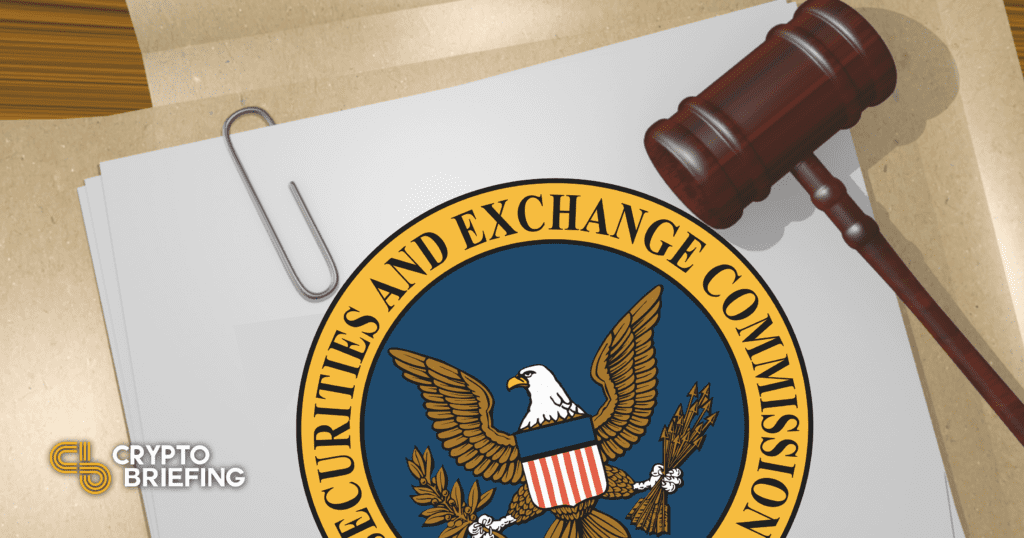
Shutterstock photo by hafakot
SEC Reluctant to Define Digital Assets, Crypto Regulatory Uncertainty Continues
Despite proposing a definition for digital assets less than one year ago, the SEC needs some extra time for deliberation.
Despite proposing a definition for digital assets less than one year ago, the SEC needs some extra time for deliberation.
The United States Securities and Exchange Commission (SEC) is not prepared to define “digital assets” for hedge funds and private equity funds, a phrase commonly used as an umbrella term for assets such as cryptocurrency, NFTs and more. Nine months ago, the SEC detailed a proposal to define digital assets in regard to hedge funds and private equity funds, despite backtracking on its decision today.
Back in August 2022, the SEC proposed: “We are adding Question 66 to section 4 to collect information about private equity fund investment strategies.” This proposal would be defining digital assets and adding the word to the official definition of the above funds.
Instead, the SEC went down a different route, writing in its May 3 proposal, “We propose to define the term ‘digital asset’ as an asset that is issued and/or transferred using distributed ledger or blockchain technology (‘distributed ledger technology’), including, but not limited to, so-called ‘virtual currencies,’ ‘coins,’ and ‘tokens,’” with the commission considering these terms interchangeable.
It would have been the first time the SEC has actually used and defined digital assets, but “the commission and staff are continuing to consider this term and are not adopting ‘digital assets’ as part of this rule at this time.”
Further proposals are constantly being negotiated, such as last month’s new definition that added “DeFi” and cryptocurrency “exchanges” to a proposal that defined market platforms. Chair of the SEC Gary Gensler said in response:
“Make no mistake: many crypto trading platforms already come under the current definition of an exchange and thus have an existing duty to comply with the securities laws.”
SEC woes
The SEC has been slow to define common terms used in crypto and even has been accused of working against the industry by not establishing a clear regulatory framework. A clear example is the suit against the SEC in November 2022, where Hodl Law sued the commission after the SEC “failed to clarify its jurisdictional authority over digital assets and failed to define whether it views digital assets as securities.” A lawyer who provides insight about legal issues in the crypto space and the metaverse, took to Twitter to comment on the suit:
2/ The SEC has moved to dismiss the case.
It its motion, the SEC makes this startling statement:
"Hodl Law's own allegations make clear that the SEC has not reached a final decision about the Ethereum network or Ether." (SEC memo, p. 11)
Wait, WHAT?
This is astounding.
— MetaLawMan (@MetaLawMan) February 27, 2023
MetaLawMan further tweeted: “But somehow, the SEC has taken 8 years to analyze whether Ether is a security—and it’s still officially undecided.” It is true: The SEC still has been unable to define Ether as a security, with the Chair Gary Gensler refusing to discuss it even one year later.
According to the Howey test’s framework for digital assets, defining Ether as a security will allow holding ETH to be defined as an investment and subject to federal laws that will make it difficult for Ethereum users. It will require disclosure agreements and registration of those listing Ether, causing issues for exchanges that list ETH and for DApps on the Ethereum Network.
Six months after questioning ETH’s security status, the SEC labeled nine cryptocurrencies as securities, an action criticized by many in the industry as “regulation by enforcement.”
